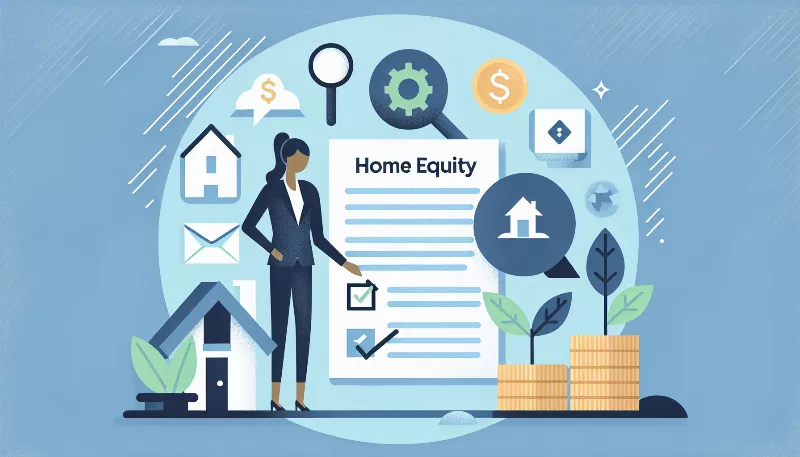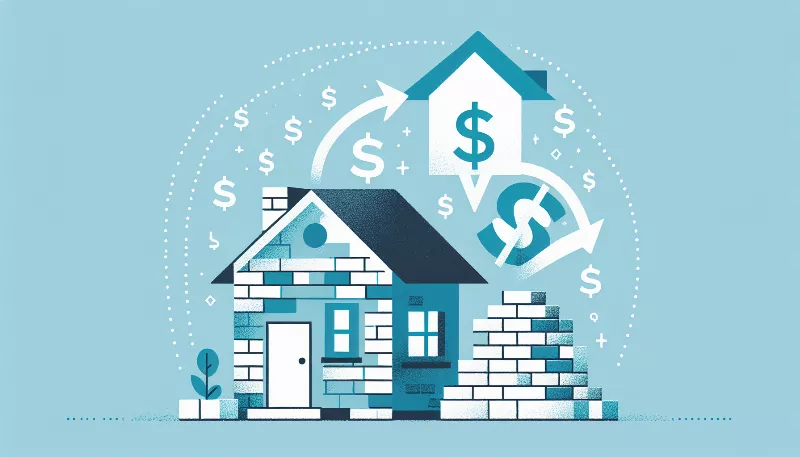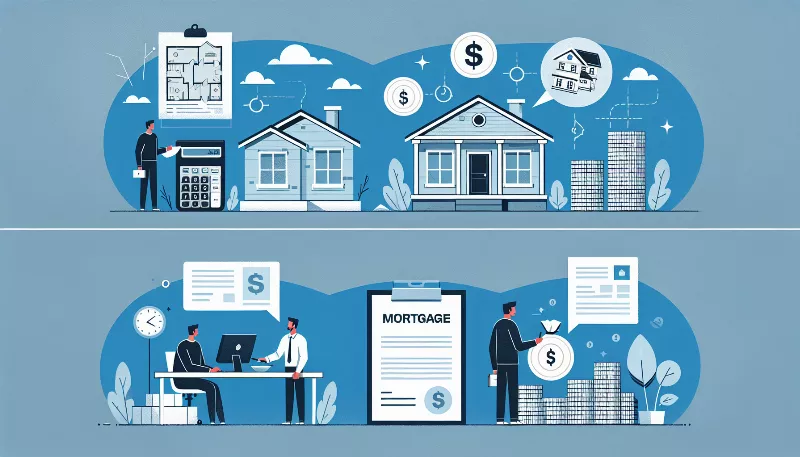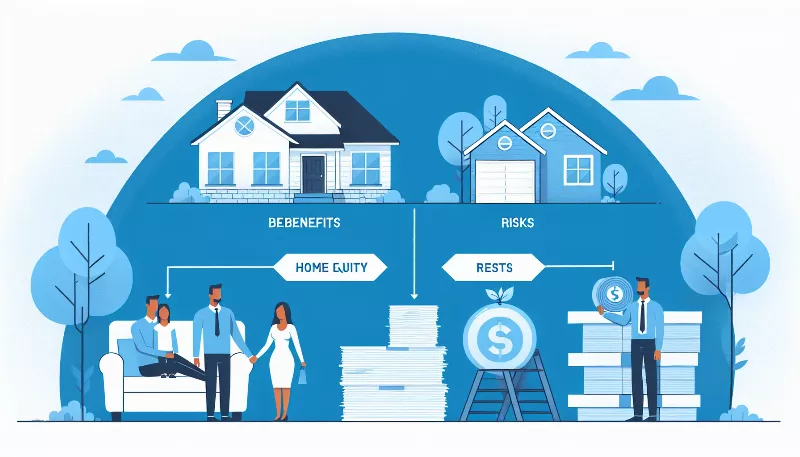Are there any specific requirements or restrictions when applying for a home equity loan?
Unlock the secrets to securing a home equity loan with our expert guide on essential requirements and key restrictions. Make informed decisions today!

Introduction to Home Equity Loans
Are you looking to tap into the wealth tied up in your home? A home equity loan might be the golden ticket to achieving your financial goals, whether it's renovating your house, paying for education, or consolidating debt. But before you dive in, it's crucial to understand the specific requirements and restrictions that come with these loans. Let's embark on an exciting journey to unlock the potential of your home's equity!
Understanding Home Equity Loan Basics
First things first, what is a home equity loan? It's a type of loan where borrowers use the equity of their home as collateral. It's a fixed-term loan that provides a lump sum upfront, which you pay back with interest over a predetermined period. Now, let's explore the key requirements and restrictions you'll need to navigate to secure this loan.
Credit Score Considerations
Your credit score is like your financial fingerprint, and lenders scrutinize it closely. For a home equity loan, you'll typically need a credit score that sparkles ? think 620 or higher. However, the best interest rates are reserved for those with scores that soar above 700. If your credit score could use some polishing, don't fret! There are steps you can take to improve it before applying.
Debt-to-Income Ratio
The debt-to-income (DTI) ratio is another critical number lenders evaluate. This ratio compares your monthly debt payments to your gross monthly income. To get the green light on a home equity loan, aim for a DTI ratio of 43% or lower. This shows lenders you're not overburdened by debt and can comfortably manage additional loan payments.
Home Equity Amount
How much equity do you have in your home? That's a question you'll need to answer because you can only borrow against the portion of your home that you actually own. Typically, lenders allow you to borrow up to 85% of your home's value, minus any outstanding mortgage balance. So, if your home is valued at $300,000 and you owe $150,000 on your mortgage, you could potentially borrow up to $105,000.
Property Type and Occupancy
Lenders also consider the type of property you own and whether it's your primary residence, a second home, or an investment property. Primary residences often qualify for the best terms since they're seen as less risky. If you're looking to leverage equity from a non-primary residence, prepare for possibly higher interest rates and stricter loan-to-value (LTV) requirements.
Stable Income and Employment History
Show me the money! Lenders will want proof of a stable income and a solid employment history to ensure you have the means to repay the loan. Be prepared to provide recent pay stubs, tax returns, and W-2 forms. Self-employed individuals may need to provide additional documentation, such as profit and loss statements.
Interest Rates and Repayment Terms
Interest rates for home equity loans are typically fixed, meaning they won't change over the life of the loan. This stability can be comforting, but it's important to shop around for the best rate. Repayment terms can range from five to thirty years, so consider how the length of the loan will affect both your monthly payment and the total interest paid over time.
Restrictions and Penalties
Be aware of any prepayment penalties or balloon payments that could surprise you down the line. Some lenders may charge a fee if you pay off your loan early, while others may require a large payment at the end of the loan term. Read the fine print and ask questions to avoid any unexpected financial hiccups.
Conclusion: Ready to Apply?
Armed with knowledge about the requirements and restrictions of home equity loans, you're now ready to make an informed decision. Remember, while tapping into your home's equity can be a smart financial move, it's important to borrow responsibly. Consider your long-term financial goals, consult with a financial advisor, and choose a lender that aligns with your needs. With the right preparation, a home equity loan can be a powerful tool in your financial arsenal!








